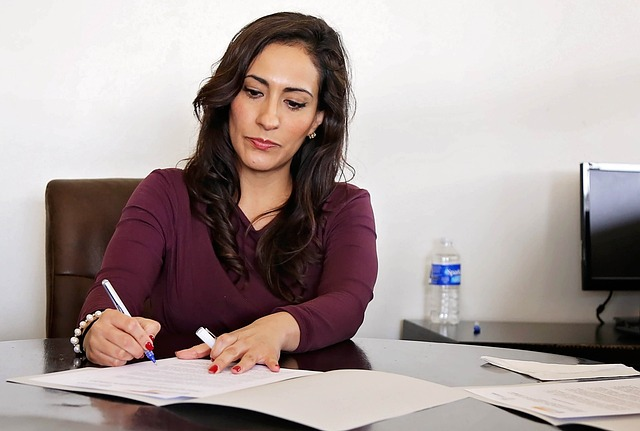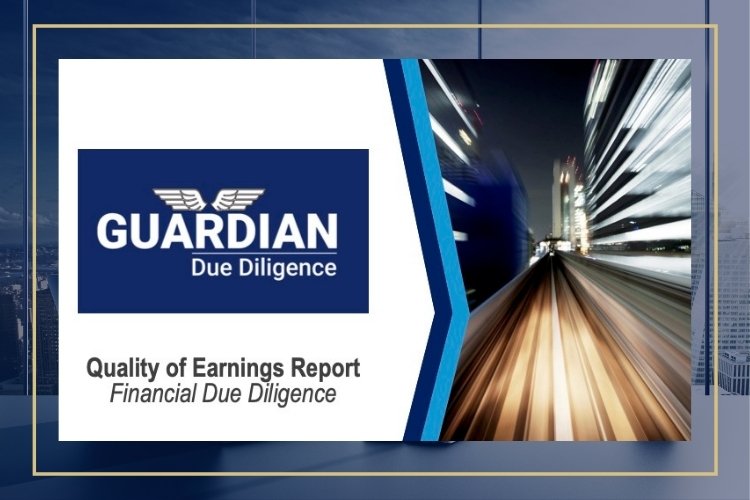What is Financial Due Diligence?
Financial due diligence is the acquisition deal vetting process. As a buyer pursuing Entrepreneurship Through Acquisition (ETA), you need to know if your target company is worth your time and investment. The way the seller pitched the business to you might not align with the story told by financials and other research into the business. Financial due diligence helps you understand the objective truth before making that all-important buying decision.
What is financial due diligence?
Financial due diligence generally occurs after the Letter of Intent (LOI) is signed. At this point, you can request financial, legal, and other business records and financial statements from the seller allowing you and your team to fully vet the business. You can learn a lot from this process outside of what these records and financial statements reveal. The behavior of the seller, their team, and sometimes their family—in the case of a family business—offers insights that might sway your decision to buy. The point of diligence is to find out if you're making a good deal, so make sure to remain objective during the process and keep your eyes peeled.
Preparing for Financial Due Diligence
Before you enter the financial due diligence process, make sure you know your deal-breakers. Write out a list of specific circumstances that would make you walk away from the deal. This is an important step that can prevent you from investing your time in a company or deal that would have never worked for you. While it's disheartening to find a deal-breaker in a deal that feels right otherwise, it will save you time and money. The sooner you find a deal-breaker, the sooner you can resume your search for a deal that actually fits your parameters.
Knowing your specific deal-breakers ahead of time will also help you accept and move past other undesirable facts about the business that aren't necessarily deal-breakers. No company or deal is perfect, so unless you find a deal-breaker that will make you walk away, you need to avoid getting hung up on other negatives and keep pushing forward.
Especially post-LOI, your time for financial due diligence is usually constrained. That means you should get into due diligence quickly. Have a due diligence provider on deck before your LOI is signed, and jump into due diligence immediately.
You want your due diligence to be thorough, so expect it to take some time. Your seller can delay in getting records to you, and financials can be messy and difficult to dig through, which is common in Small to Medium Business (SMB) deals. Give yourself the necessary time to make informed, strategic decisions.
Benefits of Financial Due Diligence
The main purpose of financial due diligence is to help you close a great deal that is right for you. The process of vetting your target company will uncover information that informs all stages of your deal.
The financial due diligence process will:
Reveal deal-breaking information. Financial due diligence can prevent you from getting embroiled in a deal that tanks your investment.
Help you receive favorable funding. Rather than handing over messy financials that are all too common in small businesses, you can provide your bank with a crisp Quality of Earnings (QoE) report that will give your banker confidence in you as a borrower.
Assist negotiations. The information found in financial due diligence can help you negotiate the deal in your favor. Whether that's negotiating the purchase price down or winning favorable provisions, due diligence helps you get the best deal possible.
Manage the business post-close. Financial due diligence ensures you're well-informed walking into your business post-close. You will be aware of areas that need improvement, and you'll have the advantage of planning your strategy before you take over.
Remember that knowledge is power. The more you know about your target company, the better prepared you will be throughout the process of closing your dream deal.
Who Needs a Financial Due Diligence Provider?
Most everyone who is entering into an SMB deal would benefit from outsourcing the financial due diligence process. Those buyers with deep experience in the SMB space and who are highly skilled at analyzing SMB financials might be able to handle due diligence on their own, but they would still be lacking the objectivity that is offered by an outside provider.
Hiring a firm like Guardian to handle your financial due diligence also allows you to maintain a strong and positive relationship with the seller while your due diligence provider acts as the “bad cop,” pushing the seller to provide information and answers that they might be incentivized to hide.
Even the most seasoned deal-makers will benefit from staying on good terms with the seller and/or broker while the due diligence provider takes the more assertive role.
Hiring a Financial Due Diligence Firm vs. CPA
You might be wondering why you would hire a firm that specializes in financial due diligence rather than the typical CPA. Both will effectively analyze financials, right? Well, there are a few differences in what you actually get from each provider.
A CPA will likely be the cheaper option, but they might also be less reliable. They are often more focused on whether the target company has followed Generally Accepted Accounting Principles (GAAP) rather than understanding the financial performance of the company and whether or not it is capable of generating income after you take over. An experienced due diligence provider will also have better insights into what information is important and why.
Advantages of Hiring a Financial Due Diligence Firm
A due diligence provider has experience analyzing SMB companies and recognizing information that will help you negotiate a better deal.
You know who you're working with. Some CPA firms will outsource your QoE to partners, sometimes overseas, who might not have the level of experience or communication that you were expecting.
Due diligence providers like Guardian can provide guidance throughout your process rather than merely delivering a QoE and considering the job done.
We have a blog post on this topic if you want to go deeper.
What You Can Expect
The financial due diligence process involves answering and getting answers to questions about your target company. Here are the questions that we recommend getting answers to.
This review spans financial concerns, legal obligations, operations, and relationships with employees, customers, and the industry as a whole. Financial statements, bank statements, and other important documentation will be reviewed. If you have specific questions that you want to be answered about your target company, make sure to share those with your financial due diligence provider.
After a thorough analysis, your due diligence provider will give you an inclusive report that will help you understand your target company.
What makes up a financial due diligence report?
Quality of Earnings - A Quality of Earnings includes EBITDA with adjustments and reveals the profitability of the company after removing the expenses that will not be moving forward with the company after the deal is done.
Proof of Cash - Proof of Cash compares the company's financials with bank statements. It analyzes cash receipts and expenditures compared to reported EBITDA. This helps you learn about the company's cash flow.
Profit Per Product or Service - The Profit Per Product or Service shows if the company's profit margin has been consistent as the company grew.
Deal Summary - highlights areas of interest that you should pay attention to.
This process focuses on a company's income statement, balance sheet, and other financial statements, but it will also drill down into the other reports to examine the condition and worth of assets on the balance sheet, consider the company's systems of control, and inspect operations. The report you receive will alert you to any red flags, misrepresentations by the seller, or reasons why the company may or may not run as effectively after the seller leaves. Not only does it reveal the company's financial performance in the past, but it shows how it might perform in the future.
Evaluating your financial due diligence report can take some work, but we are happy to walk you through the process.
Learn more about the QoE process here.
Financial due diligence is done when you feel comfortable enough with what you've learned about the company to effectively negotiate and make a solid buying decision.
Next Steps After Financial Due Diligence
Once your financial due diligence is complete, you are ready for the next stage of your deal. This means you have a few important decisions to make.
Your Options after Due Diligence
Leave the deal behind because the company does not match your needs
Renegotiate the deal for a lower purchase price or better terms based on information uncovered in due diligence
Move forward with the deal as-is because everything still looks great and you love the company
Most buyers dread the first option, but we would argue that people who save themselves from making a terrible investment get the most return on investment out of our service. Unfortunately, the findings might reveal that the financial health of the company or the cash flow is not what it seemed. We might unearth a deal-breaker that sends you packing. If you find yourself in this situation, be happy that the potential risks were found and you could avoid a huge financial mistake. Now, you're free to move on and find a company that better suits what you're looking for.
You might also find that the financial health and financial performance of the business were as expected, but other problems exist. Perhaps a major client is on the decline. This might give you negotiation power allowing you to win a better purchase price or terms. Most buyers find themselves in this situation after due diligence. At Guardian, we can walk you through this process strategically. We will point out your best leverage allowing you to walk into negotiations with confidence.
Finally, you might find that everything, from financial to operations, checks out. The owner was upfront about everything; the purchase price and terms still make sense. In this case, you're ready to sign. Welcome to your new company!
Financial due diligence is the key to making the best decision possible whether or not that means moving forward with your deal.
How Due Diligence Helps After Close
Closing your deal is not the end of the road. Really, it is only the beginning! After your deal closes, you need to figure out the best way to run your new company. This is the part where you can get your return on investment. Walking into your new company with an informed strategy will help you get everything you dreamed out of owning a business.
Most buyers don't consider the benefit of due diligence after their deal closes, but the information you learn about the company you're buying gives you a starting point for running that company efficiently. It reveals the weaknesses so you can address them right away. It reveals the strengths so that you can know what to depend on.
Financial due diligence also shows you what to expect moving forward. For example, if you learn that some of the management team may not stick with the company once you take over, you can plan for hiring before this even happens.
Due diligence prepares you to take over. Use everything you learned about the company to create an action plan to guide your first moves.
How Guardian Due Diligence is Different
Guardian Due Diligence is not your average financial due diligence provider. Unlike average CPAs who are preoccupied with how well a company has followed generally accepted accounting principles (GAAP) in their financial statements, we walk you through the due diligence process and focus on whether the company you want to buy is worth your money.
I make sure you’re not being duped into accepting a bad deal, and I look to the future to make sure your expected profits make sense. I have years of experience making acquisition deals myself, and I know how to spot a great opportunity or when something isn’t adding up.
Not only can we prepare a Quality of Earnings report for you, but we can also help you read it and guide you through the full ETA process. Especially if you’re new to acquisitions, we’re happy to point out any red flags we come across.
We can also tailor our due diligence services to reflect just the information you want to know, and we can get it done fast. Our ability to customize our services means our process is tailored directly to your situation and not a standardized product that doesn’t meet your exact needs.
We’re here so you don’t have to do a deal alone!
Download a Sample Due Diligence Report
Check out our 35-page sample financial due diligence report so you know what to look for in a high-quality due diligence report. It includes a Due Diligence Checklist (data to be analyzed), Deal Summary, Proof of cash, Quality of Earnings, and Summary of Deal Risks.










